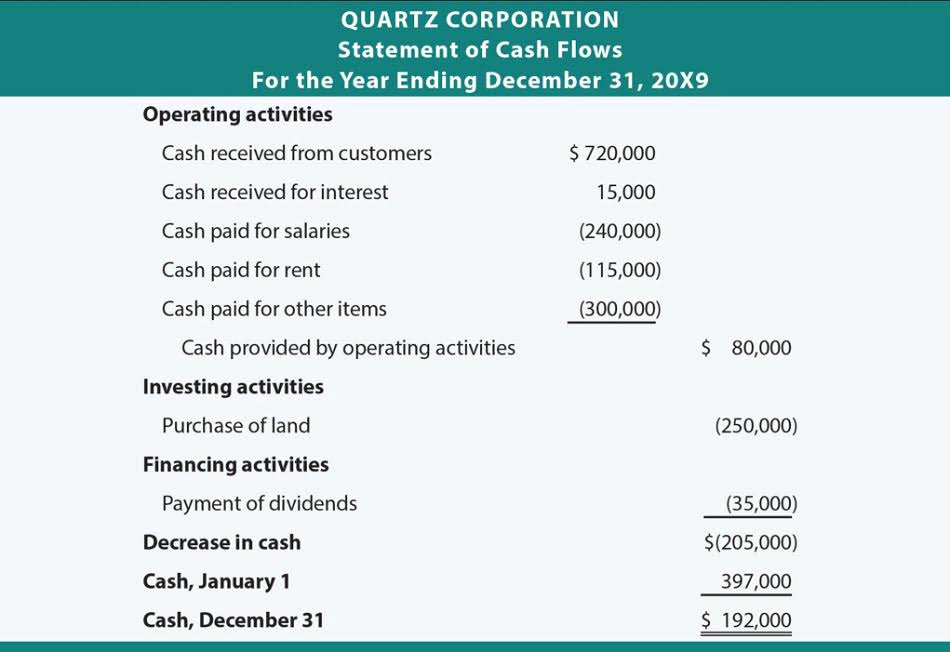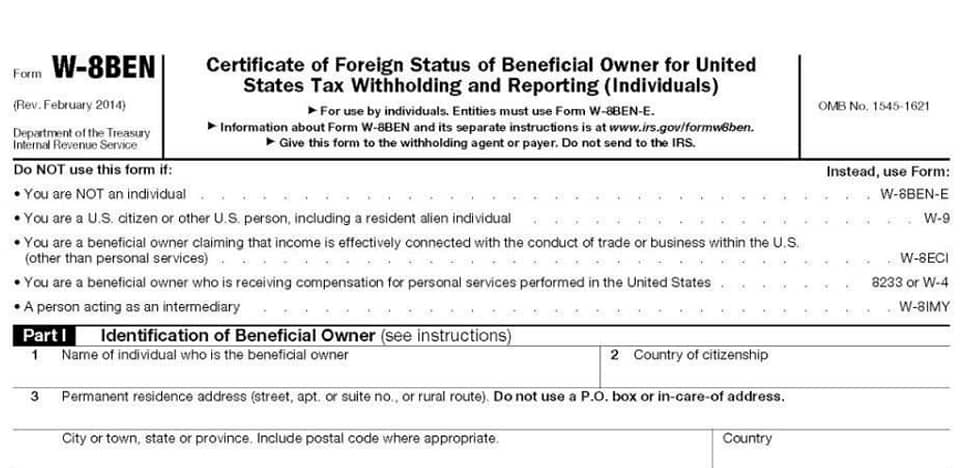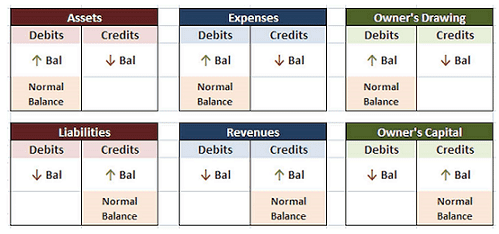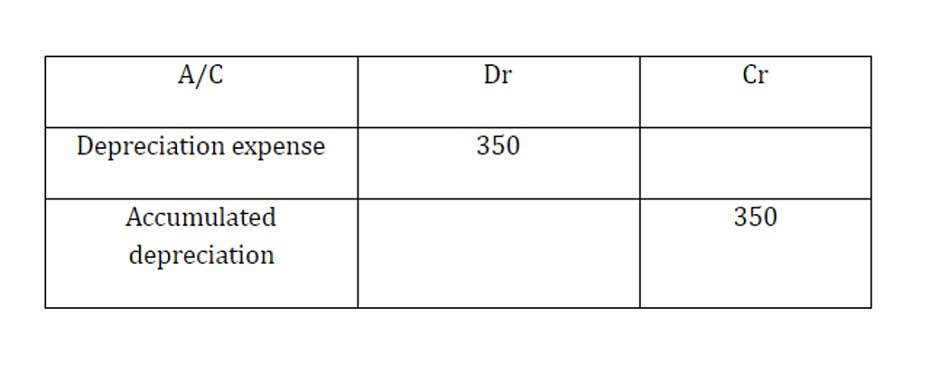
Improve supplier relationships while saving precious time and reducing manual labor. The system automatically compares invoices with purchase orders or delivery notes, ensuring the accuracy of the agreed-upon order. Any discrepancies are flagged for review, while cleared-out invoices are routed https://www.bookstime.com/articles/accounts-payable-outsourcing for approval or immediate payment, enhancing accuracy and preventing overpayments. AP automation helps prevent duplicate payments by using built-in duplicate detection algorithms that flag invoices with matching details, such as invoice numbers, vendor names, or amounts.

Best Accounts Payable Software Solutions in 2025
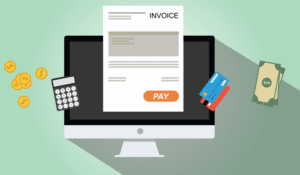
AP automation AKA accounts payable automation is made possible by cloud-based software solutions like Tradeshift Pay that automate and digitalize the accounts payable process. Additionally, due to the pandemic, many offices have become fully remote or now offer a hybrid model. In fact, the pandemic was the catalyst for 58% of businesses looking to automate their financial departments. Among companies surveyed, accounts payable was the most important function to automate.
Integrations with existing software stack
- AP automation is designed to streamline the AP process, reducing errors, improving efficiency, and lowering costs while providing real-time visibility and enhanced control over cash flow.
- Additionally, this article provides a detailed roadmap for implementing AP Automation in your organization, supported by real-world success stories that showcase its practical impact.
- It replaces manual and paper-based processes with automated systems to save time and costs.
- This feature is crucial for businesses operating on a global scale, providing accurate financial reporting and simplifying international payment operations.
Mismatched invoices that fall outside of pre-defined thresholds are routed through an exception handling workflow for resolution. Additionally, AP automation allows organizations to better take advantage of early payment discounts by having greater control over when you pay invoices. Many vendors offer a discount for paying invoices early, which can be smart to do if you are trying to improve your vendor-supplier relationships or your company’s cash flow. Goals for accounts payable can range from capturing early payment discounts to reducing processing costs. Others can include increasing data accuracy and automating repetitive tasks like manual data payroll entry and document routing. By implementing accounts payable automation, you cut down on the potential for human error that comes with manual data entry and payment processing, thereby improving the accuracy of your financial record keeping.

The Benefits of AP Automation
- Automation solutions eliminate manual invoice and payment processing work, streamline approvals, and make secure payments easier to execute.
- So, instead of taking away jobs, AP automation actually helps team members do their jobs better.
- Implementing an accounts payable automation system can significantly enhance your financial operations, but it requires careful planning and execution.
- Send fast, revenue-generating Premium ACH and virtual card payments to vendors and spend less time on tedious tasks.
- Automated two way matching verifies that purchase order information and invoice data correspond correctly, ensuring pricing, quantities, and terms align before approval.
- This reduces the cost of labor for Invoice Management and the invoice approval process dramatically.
Team members redirect their focus from tedious keying to financial analysis and decision support. what is ap automation OCR technology transfers information across various invoice formats without manual entry, eliminating the most time-consuming aspect of AP processing. All documents, approvals, communications, and payment records are digitally preserved in a searchable repository with appropriate retention policies. This directly solves audit trail weaknesses by creating perfect documentation records.
How Does AP Automation Benefit Businesses?
- Unlike physical P-cards, virtual cards are fully digital, and because they are issued per transaction, they reduce misuse and simplify reconciliation.
- The more visible a business is with processes, the more a company gains brand trust.
- Medius Capture uses intelligent technology such artificial intelligence (AI) to extract invoice data automatically – removing manual data entry and guesswork.
- AP automation is the use of technology to streamline and enhance the efficiency of the accounts payable processes within an organization.
- The AP software also generates reports that provide insights into metrics like spending patterns, outstanding invoices, and supplier performance.
Accounts Payable often waits for handoffs from other stakeholders before processing reams of paper invoices from different business units. The result is a predictably slow invoice approval process with poor on-time payment rates. AP automation software solutions give you a single environment where you can see every invoice and every payment at any time. This means you can keep better, more accurate tabs on your invoice approval process and any potential bottlenecks to on-time payment.
Unleashing Potential: Accounts Payable Automation for Retail
AP Automation provides real-time visibility into financial obligations and available funds, allowing for more effective cash flow management. It enables businesses to optimize their payment timings, negotiate better payment terms, and make informed financial decisions. These case studies from NIC Global, Tikkurila, and Huuskes provide compelling evidence of how AP automation can revolutionize business operations. They showcase the versatility and efficacy of AP automation solutions in improving efficiency, accuracy, and financial management across different industries. Migrating your data to the new system requires meticulous planning to ensure accuracy and integrity.

Here we’ll explore the different advantages of each, helping you to make an informed decision that streamlines processes and sets you up for success. As businesses look to increase productivity and lower costs throughout every inch of their operations, tools that help Accounts Payable (AP) staff perform to their full potential should not be ignored. However, new technologies now offer the potential to automate this labor-intensive task.
AI in accounts payable: Benefits, use cases & how it works
Digital workflows automatically route documents to appropriate reviewers based on organizational hierarchies and spending authorities. The software tracks approval status and sends reminders for pending items, improving vendor relationships by cutting approval times from weeks to days. Companies report substantially faster approval cycles after implementing digital routing. Automation software automatically receives and centralizes documents from multiple channels including email, supplier portals, EDI, and scanned paper. This eliminates the labor-intensive time drain of mail handling and prevents documents from being lost or misplaced. Organizations implementing digital capture significantly reduce invoice receipt time, allowing AP teams to process documents the same day they arrive.










